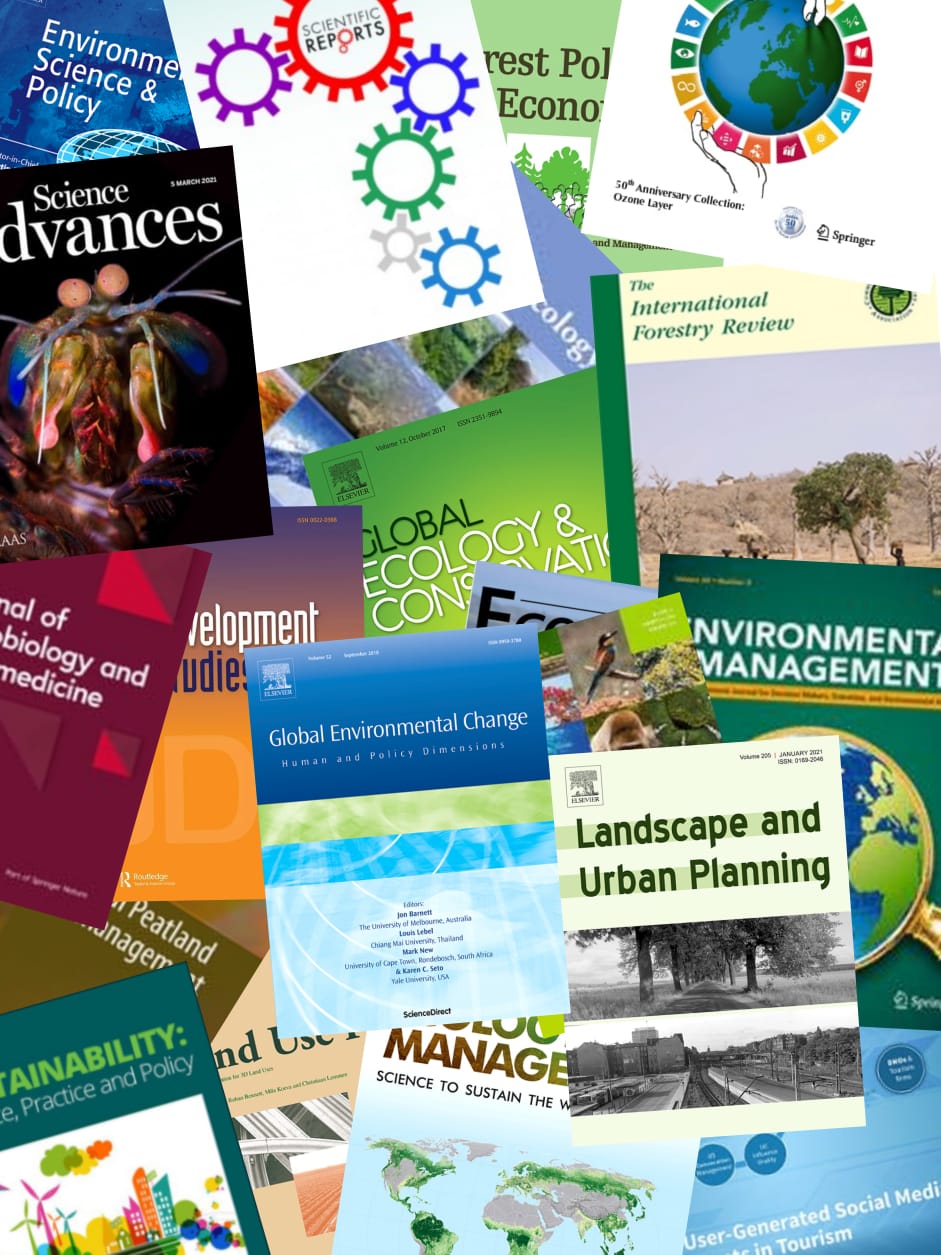Over the years large areas of primary and secondary forest have been cut or burned down to make way for oil palm plantations, particularly in Indonesia and Malaysia, the two countries which produce 80.5% of the world's palm oil. To tackle the many complex sociopolitical issues surrounding the industry, a variety of regulations, treaties and campaigns have been developed by governments and non-governmental organisations (NGO) over the years attempting to create a more sustainable industry, partly in response to pressure from the environmental community. The roundtable on sustainable palm oil is an international non-profit that created the first sustainable palm oil certification scheme. A range of other industry and government initiatives aimed to reduce deforestation due to oil palm expansion were developed and implemented over the years. The emerging themes in the evolution of sustainable palm oil in Southeast Asia include a greater recognition of the complexity of the issue, the importance of maintaining true transparency, and a greater consideration of indigenous land rights. Furthermore, manufacturing companies and consumers are beginning to see the power that they hold when choosing to purchase certified sustainable palm oil, so greater awareness and education is key to further improvement. Governments should take greater control of the issue, catch up to the activity being led by NGOs and industry members, work together with them, and invest more into education and technology.
View source

